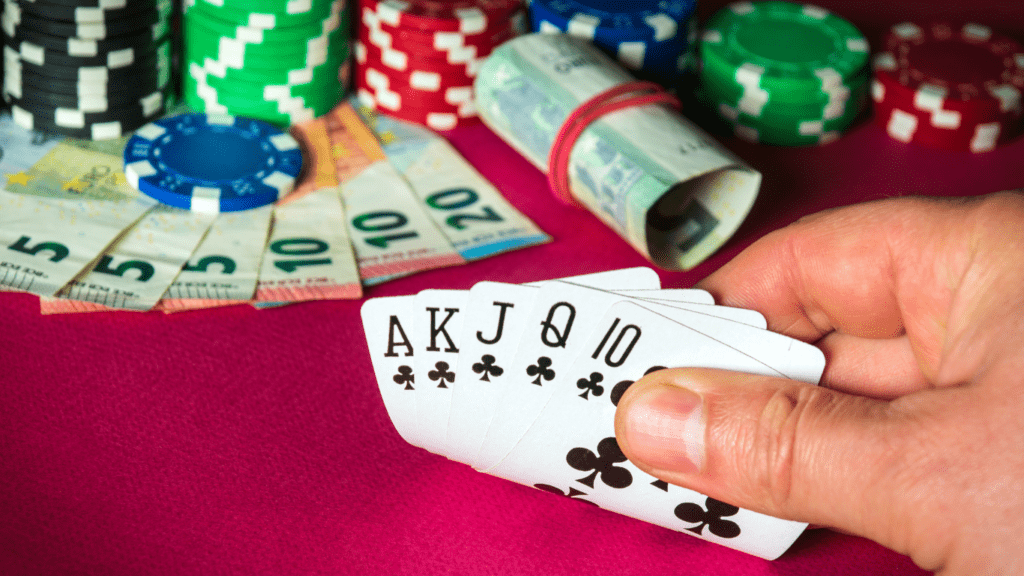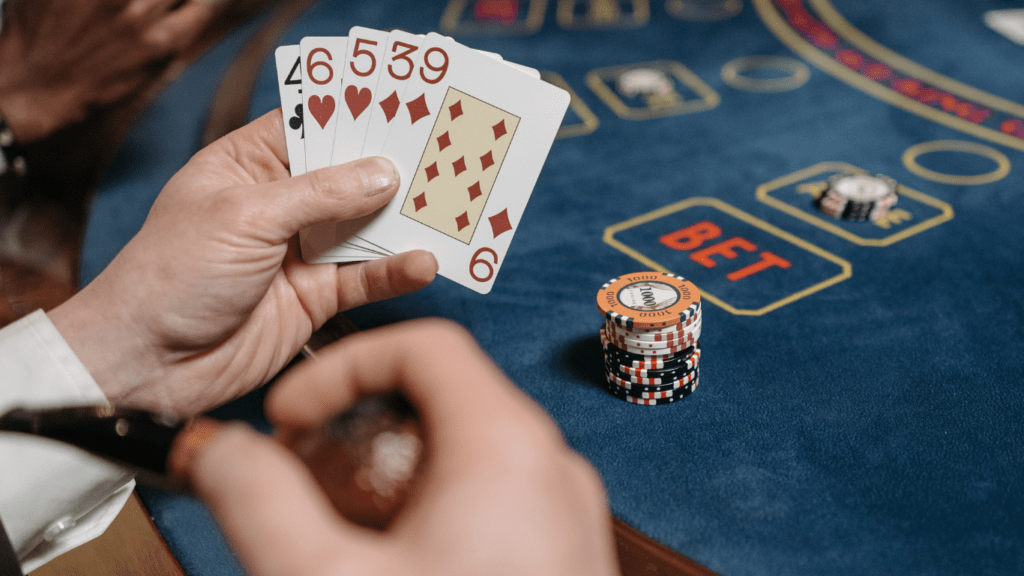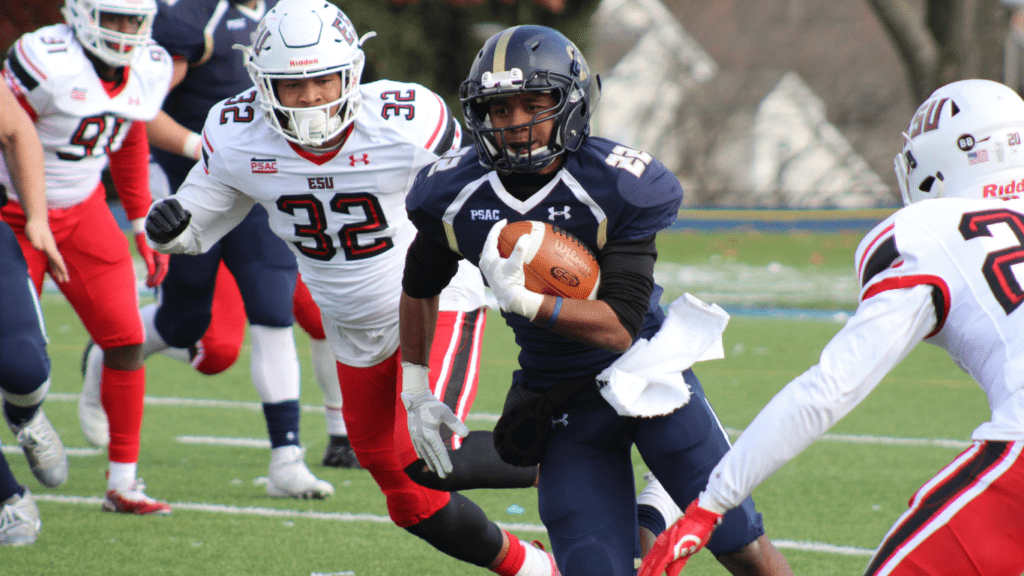Understanding Poker Tournaments
Poker tournaments offer exciting opportunities for players to showcase their skills and win big prizes. Knowing the different formats and structures is crucial for success.
Types of Poker Tournaments
In poker tournaments, players encounter various formats, each with unique dynamics. Multi-Table Tournaments (MTTs) involve large player fields across multiple tables. Players compete until one remains. Sit & Go Tournaments start when enough players join, usually at one table. Players like these for their quick tempo. Turbo and Hyper-Turbo events increase the pace with faster blind levels. In Bounty and Knockout tournaments, players earn prizes for eliminating opponents, providing extra motivation.
Key Rules and Structures
- Poker tournament structures define play dynamics and influence strategies.
- Players begin with equal chip stacks, unlike cash games where they buy in at different levels.
- Blinds increase at regular intervals, creating pressure and influencing tactics.
- Different formats feature varying blind structures. Some have slow increases with deep stacks, while others use fast-paced structures with shallow stacks.
- Rebuy tournaments allow additional buy-ins within a specific period, increasing the prize pool. Offers like these add layers of strategy, as players consider the cost and benefits of rebuying.
- Understanding these elements helps players make informed decisions and adapt strategies to optimize their performance.
Preparing for a Tournament
Before entering a poker tournament, I focus on preparation, which combines strategy development and financial planning.
Building a Solid Strategy
I analyze past performances and study successful players to understand effective strategies. Identifying the most common hands I might face helps me prepare for various scenarios. Creating a flexible game plan ensures I can adapt to different opponents and situations. Reviewing player tendencies enhances my ability to make strategic decisions on the fly.
Managing Your Bankroll
Effective bankroll management safeguards my financial resources during tournaments. I allocate a specific budget for entry fees to avoid overspending. By setting aside funds for unforeseen expenses, I maintain stability throughout the tournament. Understanding the importance of variance helps me stay composed during inevitable swings, enabling better long-term success.
Game Day Essentials
Success in poker tournaments involves more than just skill and strategy. Preparation plays a key role in securing top prizes.
Mastering the Blinds and Ante
Recognizing the impact of blinds and antes on your chip stack is vital. Blinds increase at regular intervals, creating pressure. Adapt your strategy by playing more aggressively as blinds rise. Set a plan for when to loosen up or tighten your play based on your stack size compared to the blinds. Use position to your advantage; players in late positions can take calculated risks to steal blinds more often. Always track the blind level and adjust your play aggressively to maintain or improve your position.
Reading Your Opponents
Accurate reads on opponents enhance strategic decision-making. Observe betting patterns and facial expressions for tells. Identify tight and loose players to adjust your tactics accordingly. A pattern of conservative play indicates strength, while erratic betting suggests bluffing. Use this information to decide when to play pots or fold weak hands. Exploit weaker players by targeting them with calculated aggression. Stay adaptable, as seasoned opponents will also try reading you.
Advanced Strategies for Winning

Mastering advanced strategies elevates a player’s game in poker tournaments. Incorporating bluffing and understanding position offer crucial advantages.
Bluffing and Deception Techniques
Mastering bluffing shifts tournament dynamics. I use bluffs selectively, ensuring timing and table image align. Observing opponents helps me identify when they’re vulnerable to deception. I vary my playstyle to keep others uncertain, combining my insights on player tendencies with calculated risks. During tight table conditions, I’m more likely to bluff against cautious players who fold easily under pressure.
Utilizing Position to Your Advantage
Position dictates control in poker. I leverage my position by adjusting my strategy based on proximity to the button. In later positions, I gather information from previous actions and make more informed decisions. I capitalize on weaker positions by playing aggressively when it benefits me, often stealing blinds and forcing opponents out of their comfort zone. By understanding table dynamics, I maximize the benefits of favorable positions to exploit opponents’ weaknesses.
Staying Mentally Focused
Playing poker tournaments requires maintaining mental focus amidst pressure and setbacks. It’s critical to develop methods that enhance concentration and resilience throughout the game.
Handling Pressure Situations
In poker tournaments, pressure situations occur when significant pots are at stake or nearing the bubble. I manage pressure by controlling my breathing and visualizing successful outcomes before acting. This approach fosters:
- calm mindset
- reducing anxiety
- helping me make rational decisions
Recognizing the patterns and tendencies of opponents also aids in deflating stress, as I prepare better responses to their moves.
Recovering from Setbacks
Experiencing setbacks, like losing a crucial hand, is inevitable in poker. I focus on staying composed, analyzing mistakes without dwelling on them. Revisiting hand histories augments my ability to learn from errors and refine my strategies. Moreover, setting short-term goals during the tournament helps me stay motivated and shifts my focus away from the past, ensuring I tackle each new hand with a refreshed mindset. Achieving mental clarity keeps me poised to seize future opportunities.



 Lawerencer Cookanera – Founder & Chief Editor
As the driving force behind Casino Champs Fortune, Lawerencer Cookanera founded the platform with a mission to empower casino enthusiasts by providing them with well-researched, insightful content. Lawerencer brings years of experience in the casino industry, overseeing the editorial strategy to ensure high-quality, trustworthy content across a variety of topics. From uncovering the mechanics of progressive jackpots to delivering in-depth guides on how to play and win big, he ensures every piece of content aligns with the site’s vision. Lawerencer is dedicated to fostering a responsible gaming environment, offering readers practical advice and expert insights that elevate their casino experience.
Lawerencer Cookanera – Founder & Chief Editor
As the driving force behind Casino Champs Fortune, Lawerencer Cookanera founded the platform with a mission to empower casino enthusiasts by providing them with well-researched, insightful content. Lawerencer brings years of experience in the casino industry, overseeing the editorial strategy to ensure high-quality, trustworthy content across a variety of topics. From uncovering the mechanics of progressive jackpots to delivering in-depth guides on how to play and win big, he ensures every piece of content aligns with the site’s vision. Lawerencer is dedicated to fostering a responsible gaming environment, offering readers practical advice and expert insights that elevate their casino experience.
